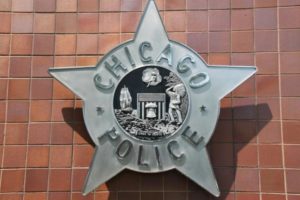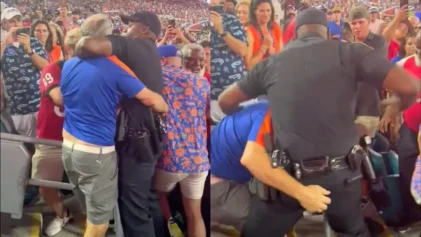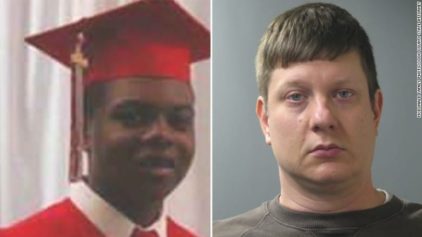
The federal agency is already investigating the McDonald shooting, as the Washington Post reports, but this new investigation will serve as a wide-ranging inquest by the Civil Rights Division to determine if the police force is violating civil rights law.
Last week, Mayor Rahm Emanuel criticized the possibility of any federal probe as “misguided,” but then reversed course.
“I welcome the engagement of the Justice Department,” Emanuel told reporters on Thursday, according to the Washington Post. “We have a long road ahead of us as a city, and I welcome people from many views to help us do what exactly we need to do.”
The decision by the Justice Department, similar to actions the federal government has taken in cities such as Ferguson, Baltimore and Cleveland, comes as the community seeks the ousting of top city officials. The day that Emanuel fired Police Superintendent Garry McCarthy, Illinois Attorney General Lisa Madigan wrote a letter to the DOJ calling for an investigation into the Chicago police. In the letter, Madigan called the McDonald shooting “shocking” and argued it raises serious questions concerning the longstanding use excessive force use and the lack of accountability.
Following the McCarthy resignation and now an impending DOJ investigation, Scott Ando, the head of the Independent Police Review Authority has resigned. Sharon Fairley, the current General Counsel of Chicago’s Office of the Inspector General who also served as an Assistant United States Attorney, will replace him, according to NBC Chicago. The IPRA is an independent city agency separate from the police which “intakes all allegations of misconduct made against Chicago Police Department members.”
The IPRA has come under fire for maintaining a system which favors corrupt and brutal police. As the Chicago Tribune reported, with a police code of silence, their union and reluctant prosecutors impede progress, the IPRA is part of an inherently flawed, overworked and broken system. Since the agency was created in 2007, of 409 police shootings, only two resulted in allegations against an officer being found credible. Both cases involved off-duty officers. Further, the police union contract affords officers “super due process” according to the Tribune, in which cops have 24 hours before being questioned by IPRA. This time gap is decisive, allowing officers to get their stories straight with fellow officers before the criminal investigation begins.
The Chicago chapters of the NAACP have called for an investigation into the IPRA itself. At a November 25 press conference Wednesday, Rose Joshua, president of the NAACP South Side Chicago chapter, condemned the agency for its “marriage” to the Chicago Police Department, leading to skewed data and a favoring of police.
“What do we want the mayor to do?” Joshua asked, as NBC Chicago reported. “To be involved and to be amenable to looking at the ordinance that authorizes IPRA to exist, and to be willing to amend areas of the ordinance that should be amended because of the fact that it is… pro-police.”
Perhaps the most compelling evidence that the IPRA is part of the problem came in July, when Lorenzo Davis, a former supervisor for the agency, alleged extensive corruption and misconduct in the handling of police shootings. Davis, who was previously a 23-year veteran of the Chicago Police Department, told The Daily Beast that Scott Ando fired him after he refused to reverse his findings that police officers were unjustified in six shooting incidents over the past eight years. Suspects died in three of those incidents. Davis said that Ando accused him of having an “anti-police bias” although he was once a police officer for years.
Further, as the Daily Kos reported, the IPRA was partially responsible for the one-year delay in charging Officer Van Dyke. The agency failed to sustain numerous disciplinary complaints against Jason Van Dyke prior to the shooting of Laquan McDonald, indicating that Van Dyke should not have been on the force due to his record. In addition, the IPRA had concluded the police had not altered or deleted the surveillance footage from a Burger King camera, although the public now knows that 86 minutes from the video is missing.
Meanwhile, the Chicago police have released a 395-page report documenting the October 24, 2014 shooting death of Laquan McDonald, as NBC reported. The full police report described Officer Van Dyke and others as the victims in the situation, and McDonald as the offender, contentions which do not square with the dashcam video of the shooting.
According to a Case Supplemental report filed March 16, 2015, Officer Jason Van Dyke is quoted as saying McDonald raised the knife and that he believed the teen was trying to kill him. In defense of his life, Van Dyke fired his weapon to stop the attack, and fired 16 times because McDonald attempted to get up. The report also said Van Dyke knew that an assailant armed with a knife was considered a deadly threat if within 21 feet, as is widely accepted teaching.


